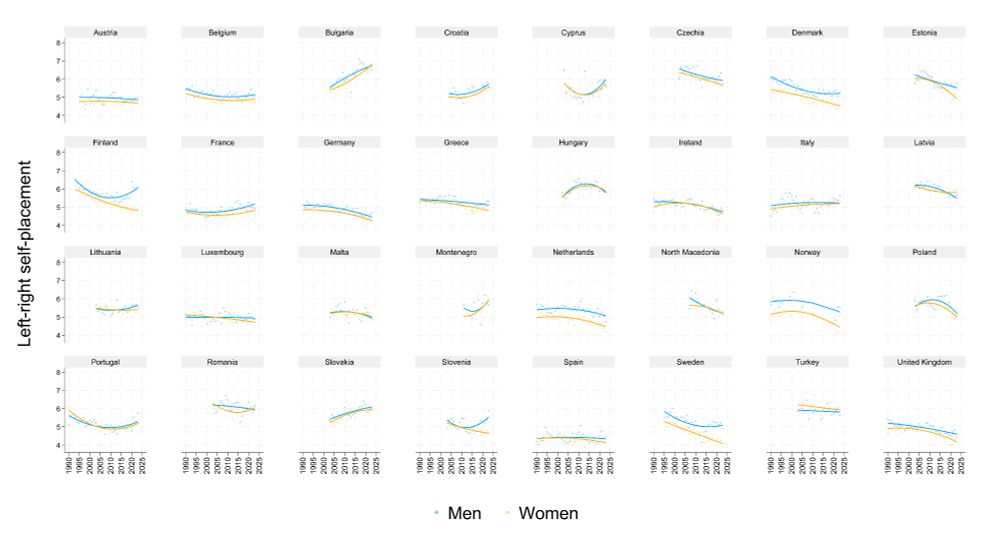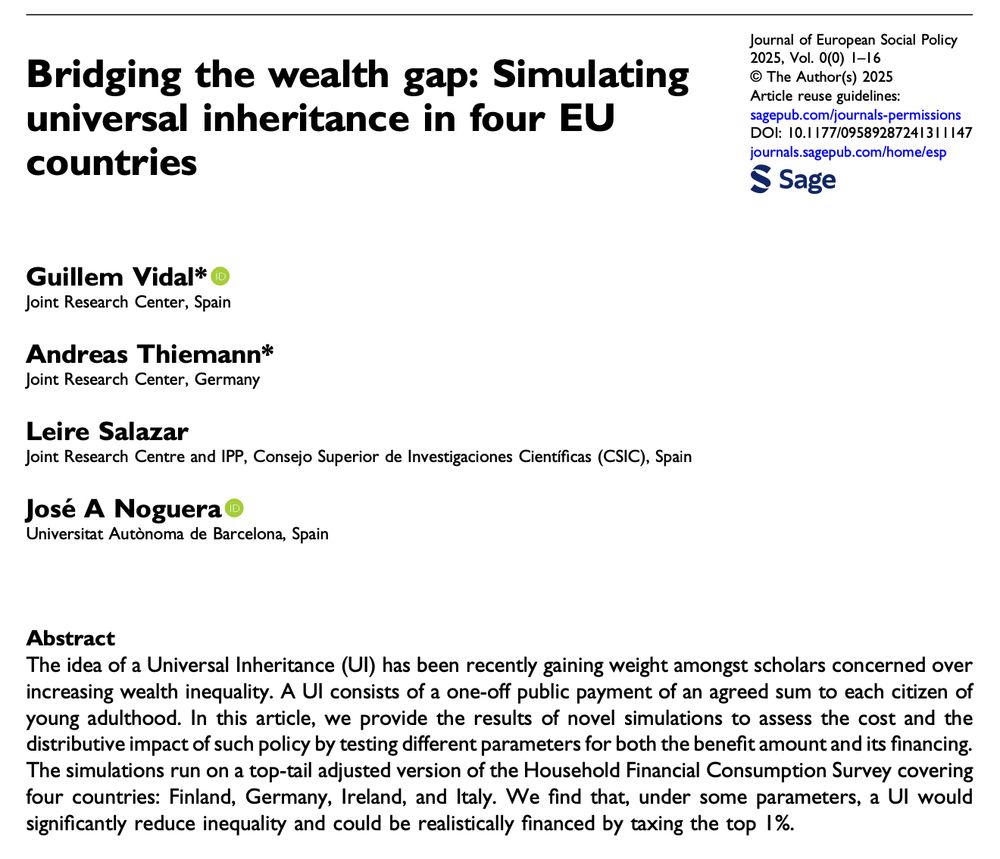Posts
Media
Videos
Starter Packs
Reposted by brzezinski.bsky.social
Reposted by brzezinski.bsky.social
Reposted by brzezinski.bsky.social
Reposted by brzezinski.bsky.social
Reposted by brzezinski.bsky.social
Reposted by brzezinski.bsky.social
Reposted by brzezinski.bsky.social
Dominique Baker
@bakerdphd.bsky.social
· Dec 24
Reposted by brzezinski.bsky.social
Reposted by brzezinski.bsky.social
Chris Hayes
@chrislhayes.bsky.social
· Dec 2

The Causal Effects of Income on Political Attitudes and Behavior: A Randomized Field Experiment
Founded in 1920, the NBER is a private, non-profit, non-partisan organization dedicated to conducting economic research and to disseminating research findings among academics, public policy makers, an...
www.nber.org








